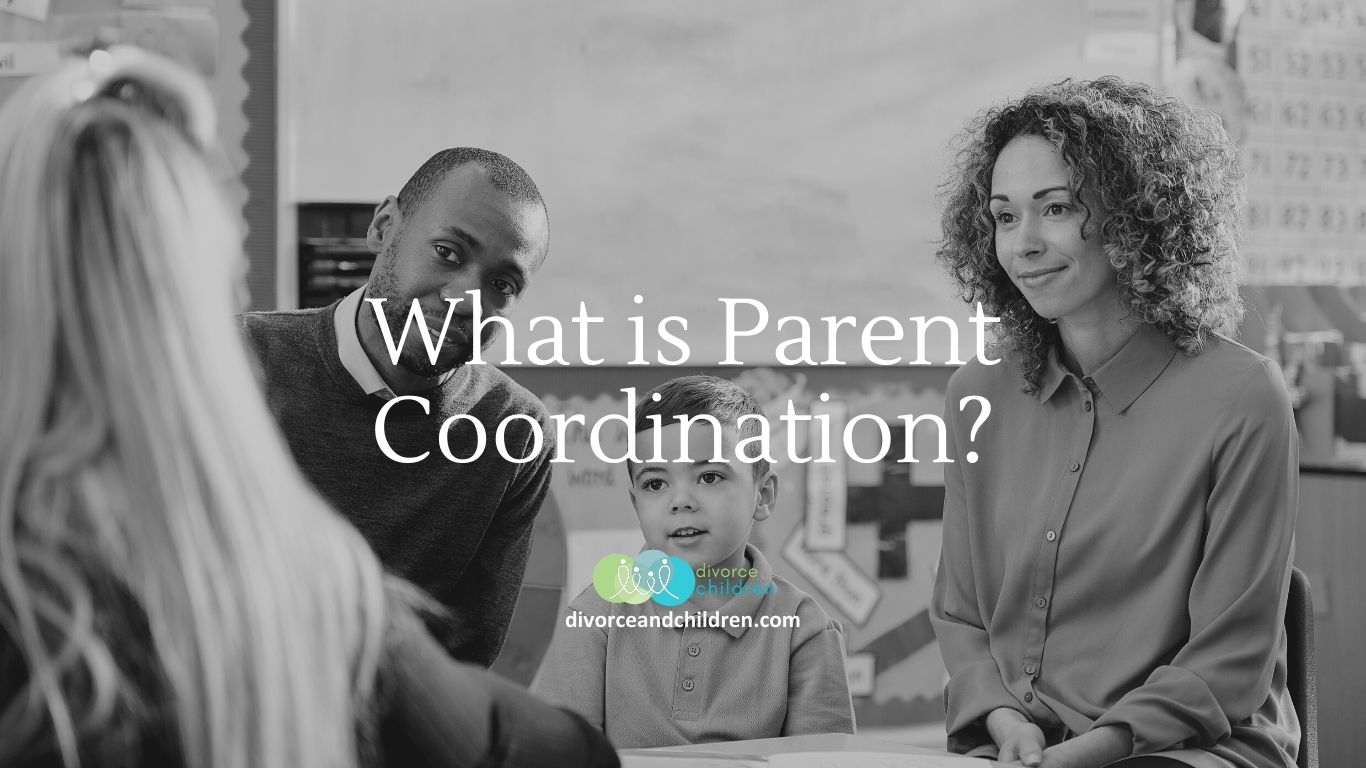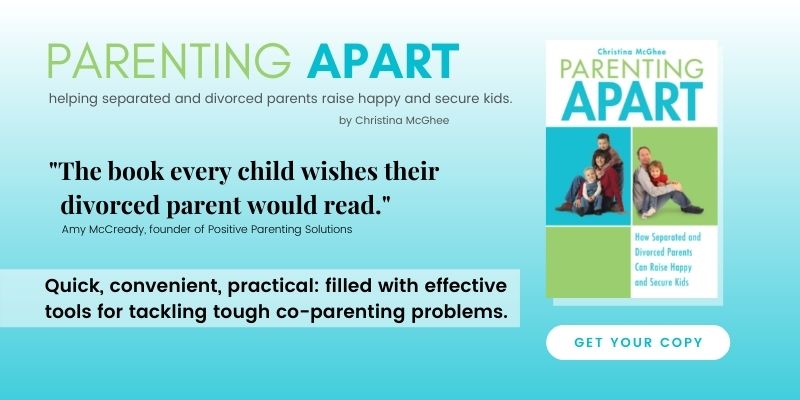What is Parent Coordination?

Q – I’m dealing with a very conflictual Ex. The judge has mentioned ordering us to work with a parent coordinator. What is Parent Coordination?
A – Parent coordination is a relatively new professional role, which has emerged as an alternative resource for addressing high-conflict family situations. Instead of parents engaging in repeated litigation to resolve divorce related disputes, many family court systems are investing in this new breed of professional.
Parent coordination is considered a child-centered process where a trained professional with either a legal or mental health background serves as an impartial third party. The goal of the Parent Coordinator is to help parents in difficult divorce situations create and implement a detailed parenting plan which focuses on minimizing conflict for children.
While the PC (parent coordinator) is neutral and doesn’t engage in taking the side of either parent, they are considered an advocate for children. The over-arching goal of this process is to help parents resolve high-conflict issues in a manner that is future focused and guided by the needs of children.
A Parent Coordinator’s primary responsibilities are to:
- Educate parents and help them build skills for minimizing conflict.
- Reduce the level of stress for children.
- Ensure children have consistent contact and a positive relationship with both parents.
- Help parents see the impact their choices and actions on their children’s adjustment.
- Clarify and monitor existing court orders or parenting agreements.
- Negotiate disputed matters involving parenting issues and schedules.
- Assist in the development of a workable parenting plan.
- Help parents disengage from ongoing conflict and learn conflict management skills.
- Create a reasonable means of exchanging information and communicating about the needs of children.
- Recommend and direct parents to additional resources.
- Function as a liaison with the Family Court and regularly communicate the family’s progress to court judges and legal counsel as required.
While a Parent Coordinator may have training or background as a mental health professional, parent coordination is not therapy or counseling. Usually it takes place through court ordered recommendation or by the mutual agreement of both parties. In contrast to therapy, parent coordination is often a non-confidential process that is highly structured. Unlike therapists, who do not usually communicate with the court system or attorneys, a parent coordinator may be accountable to the court and or regularly submit verbal or written reports. The level of communication a PC has with the family court can vary from one jurisdiction to another.
For more information about parent coordination contact your family court or consult with a local family law attorney.

Want to connect with other parents? Consider joining our community on Instagram, LinkedIn and Facebook.




